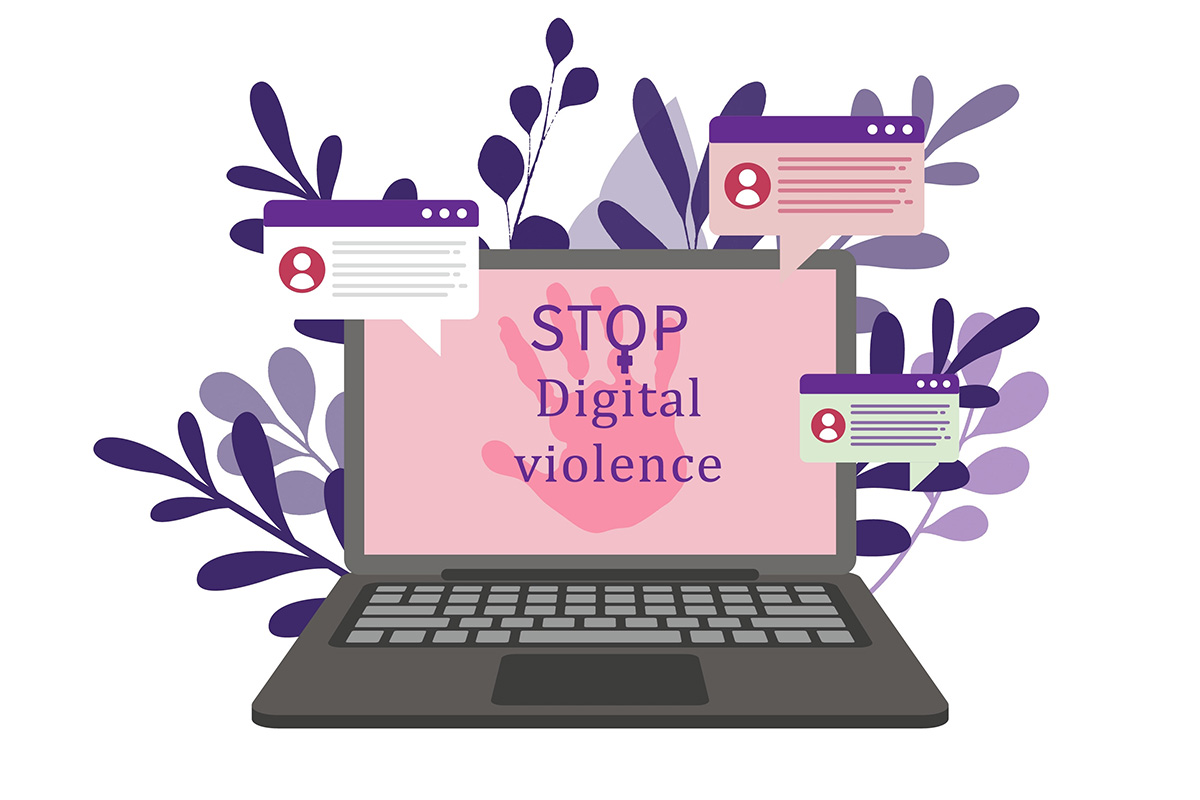Prioritizing Mental Health in the Caribbean: A Regional Imperative
February 19Guest Editorial by Chaneil Imhoff
Mental health is not just a personal concern—it is a significant public health and development issue that influences the trajectory of families, communities, and entire nations. In the Caribbean, mental health challenges are growing at an alarming rate, and addressing them requires a coordinated, multisectoral effort.
Studies reveal that mental health and neurological disorders contribute to 20 per cent of the disability burden in the Americas, second only to non-communicable diseases (NCDs) such as diabetes and cardiovascular illnesses (CARPHA, 2024). Within this context, several Caribbean nations rank among the highest in mental health burden, underscoring the need for region-specific interventions to address this crisis effectively (CARPHA, 2024).
The prevalence of mental health challenges across demographics is striking. Approximately one in four people in the Americas experience mental health issues, with depression being the most common disorder (CARPHA, 2024). Women are disproportionately affected, experiencing depression at twice the rate of men due to a combination of biological, societal, and economic factors (WHO, 2023). Furthermore, nearly one in five adolescents in the English-speaking Caribbean struggle with mental health issues, a statistic that reflects the vulnerabilities within this age group (Liverpool et al., 2023).
Barriers to Care and the Rising Demand for Action
Despite the growing prevalence of mental health conditions, the Caribbean remains underserved and under-resourced in mental health care. In many nations, mental health budgets account for only one per cent to five per cent of total health expenditures, with much of this funding directed toward institutional care rather than community-based programs (Liverpool et al., 2023). This allocation often prioritizes reactive measures, such as managing acute crises, over proactive mental health promotion and prevention.
Social stigma and cultural perceptions around mental health further exacerbate these issues, discouraging individuals from seeking support or even acknowledging their struggles (CARPHA, 2024). A 2022 study found that depression and anxiety often persist for years after traumatic events such as pandemics and natural disasters, which are frequent in the Caribbean due to its susceptibility to hurricanes and other environmental crises (CARPHA, 2024).
Children and adolescents are particularly affected, as the lack of age-appropriate services and interventions leaves many without the support they need during critical developmental stages. According to a systematic review, the prevalence of mental health problems among Caribbean adolescents ranges from 20% to 30%, yet few nations have comprehensive child and adolescent mental health policies (Liverpool et al., 2023).
Economic and Social Implications
Investing in mental health is not only a moral imperative but also an economic necessity. Poor mental health leads to reduced productivity, increased healthcare costs, and diminished social cohesion. For example, a 2019 study in Jamaica highlighted that scaling up mental health treatments for conditions like depression and anxiety could result in economic productivity gains of J$39 billion and social benefits of J$21 billion (CARPHA, 2024).
On a broader scale, mental health issues among young people often result in educational underachievement, unemployment, and increased risk of involvement with the criminal justice system (WHO, 2023). These outcomes further strain already limited resources in many Caribbean nations, perpetuating cycles of poverty and inequality. Addressing mental health not only improves individual outcomes but also contributes to sustainable development across the region.
A Call to Action for the Region
Addressing mental health in the Caribbean requires a comprehensive and collaborative approach. Governments, civil society organizations, and the private sector must work together to develop policies, implement programs, and allocate resources effectively. Key actions include:
- Increased funding: Mental health services must receive greater investment, with a focus on community-based care and preventive measures. Allocating resources to early interventions can significantly reduce long-term costs and improve outcomes (Liverpool et al., 2023).
- Public education campaigns: Educational initiatives are essential to combat stigma and raise awareness about mental health. Programs should highlight the importance of seeking help and provide practical strategies for maintaining mental well-being (CARPHA, 2024).
- Integration into primary care: Mental health care must be integrated into primary health systems to ensure accessibility for all, particularly in rural and underserved communities (WHO, 2023).
- Targeted support for vulnerable groups: Policies and programs should address the unique needs of children, adolescents, women, and other at-risk populations. Tailored interventions can provide the support these groups need to thrive (Liverpool et al., 2023).
The Role of Individuals in Promoting Mental Health
While systemic changes are crucial, individuals also have a role to play in promoting mental well-being. Simple, everyday practices such as maintaining a self-care routine, building strong relationships, practicing gratitude, and seeking professional help when needed can contribute significantly to mental health.
Conclusion: A Vision for the Caribbean
Mental health is a human right and an integral part of overall health and well-being. As the Caribbean strives for sustainable development, prioritizing mental health is not optional—it is essential. By addressing the stigma, funding gaps, and systemic barriers, we can create a region where everyone has access to the care and support they need to thrive.
It is time to turn awareness into action and ensure that mental health becomes a cornerstone of the Caribbean’s development agenda. Together, we can create a brighter, healthier future for all.
References
- Caribbean Public Health Agency (CARPHA). (2024). Insights on mental health and public health strategies in the Americas.
- Liverpool, S., Prescod, J., Pereira, B., & Trotman, C. (2023). Prevalence of mental health and behaviour problems among adolescents in the English-speaking Caribbean: Systematic review and meta-analysis. Discover Mental Health, 3:11. https://doi.org/10.1007/s44192-023-00037-2.
- World Health Organization (WHO). (2023). World mental health report: Transforming mental health for all.
Chaneil Imhoff is an award-winning entrepreneur, communications specialist, and mental health activist dedicated to meaningful change in Antigua and Barbuda. A graduate of the University of the West Indies Five Islands Campus, she combines her expertise in media and digital marketing as the owner of Avada Digital and an on-air host at ABS Television. As the founder of WISH – the Wadadli Initiative for Self-care and Healing, Chaneil is committed to breaking mental health stigmas. She also authored Be Kind to Your Mind, a colouring and activity book promoting wellness among children. Passionate about advocacy and innovation, she continues to inspire transformation in her community and beyond.




